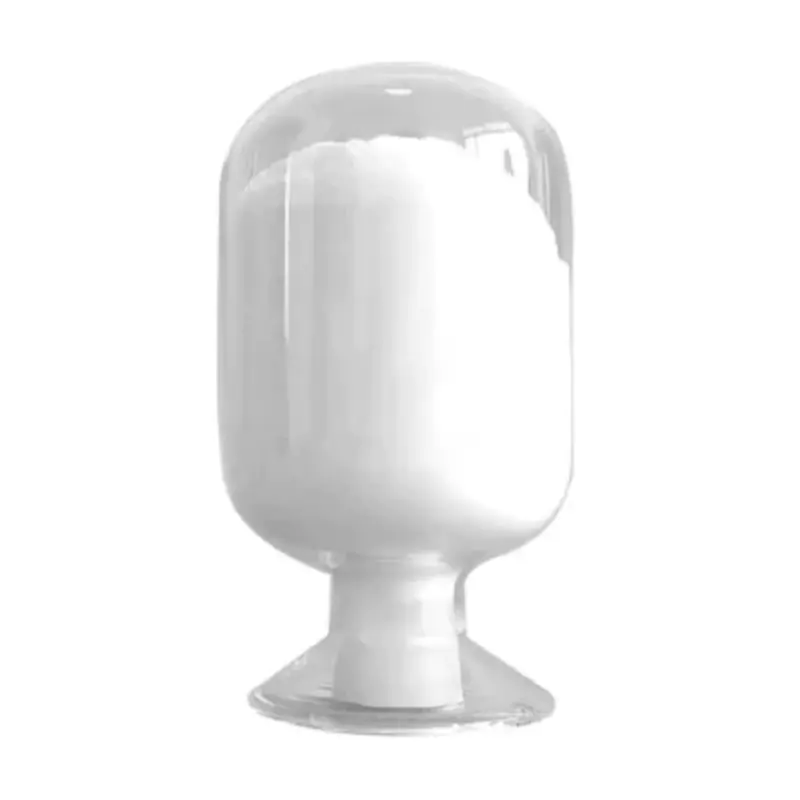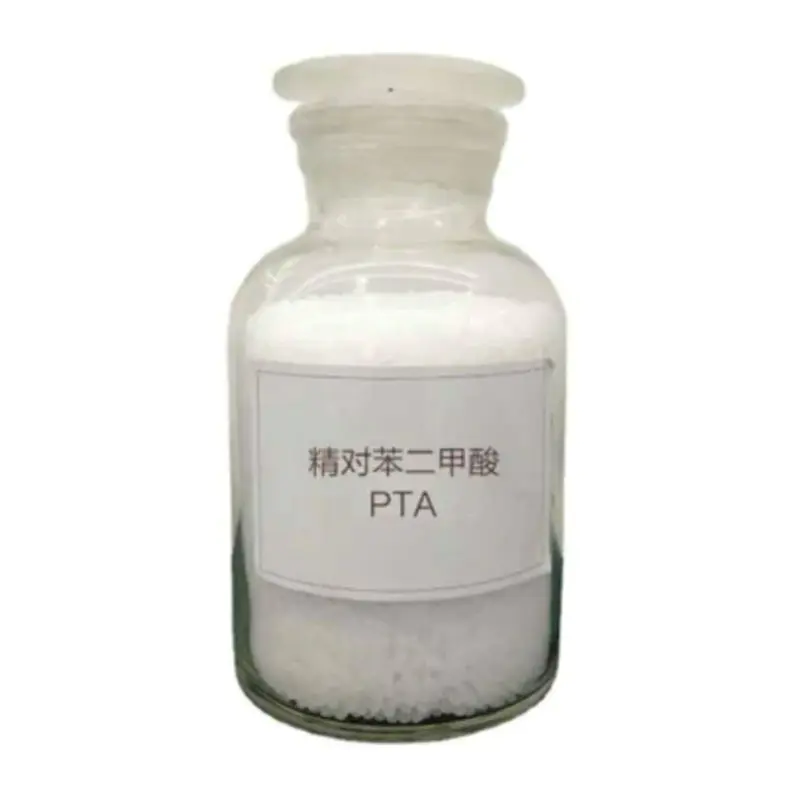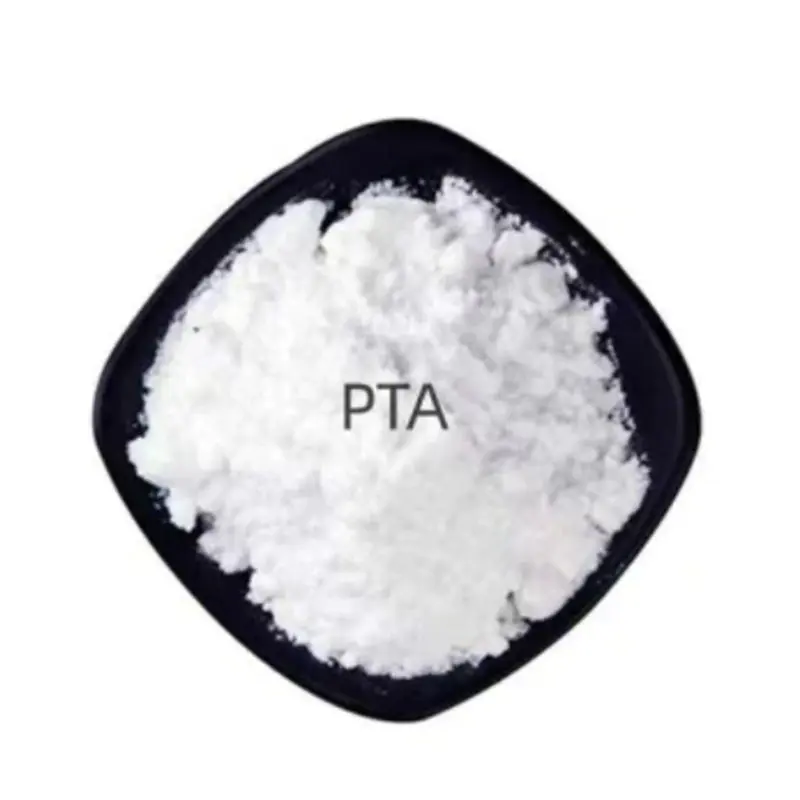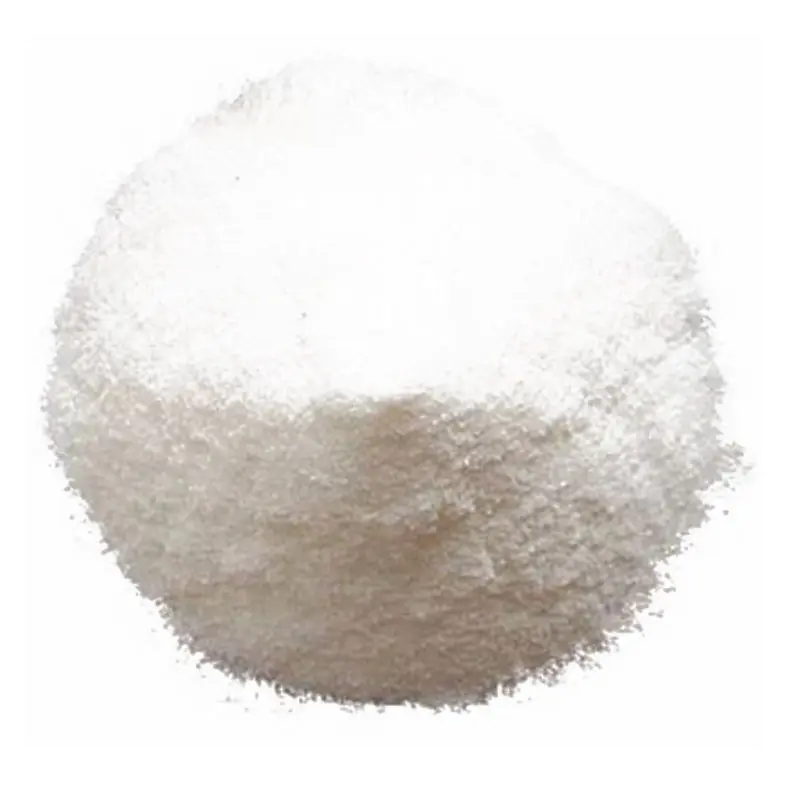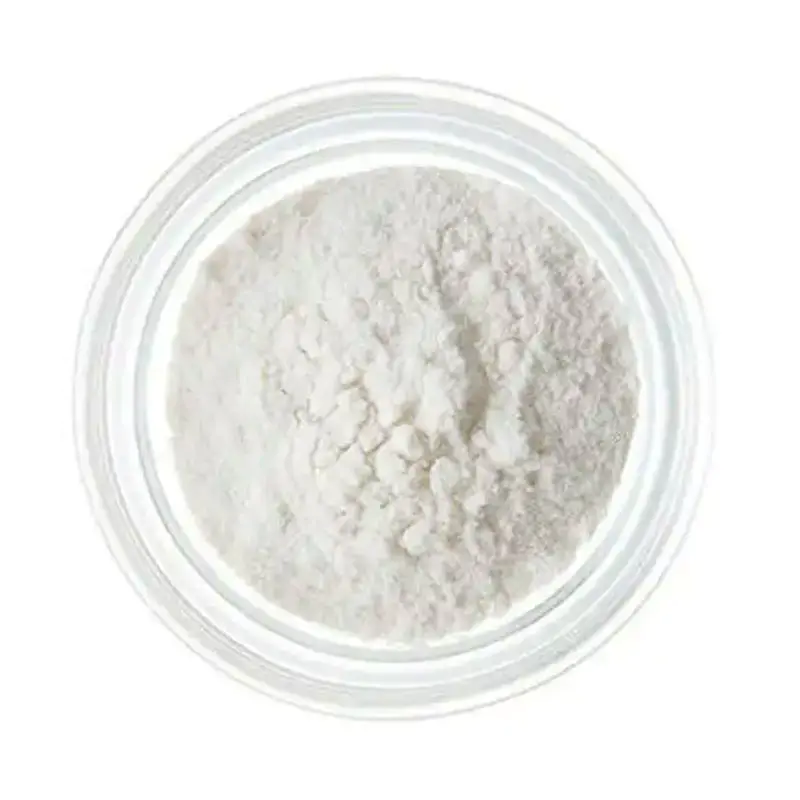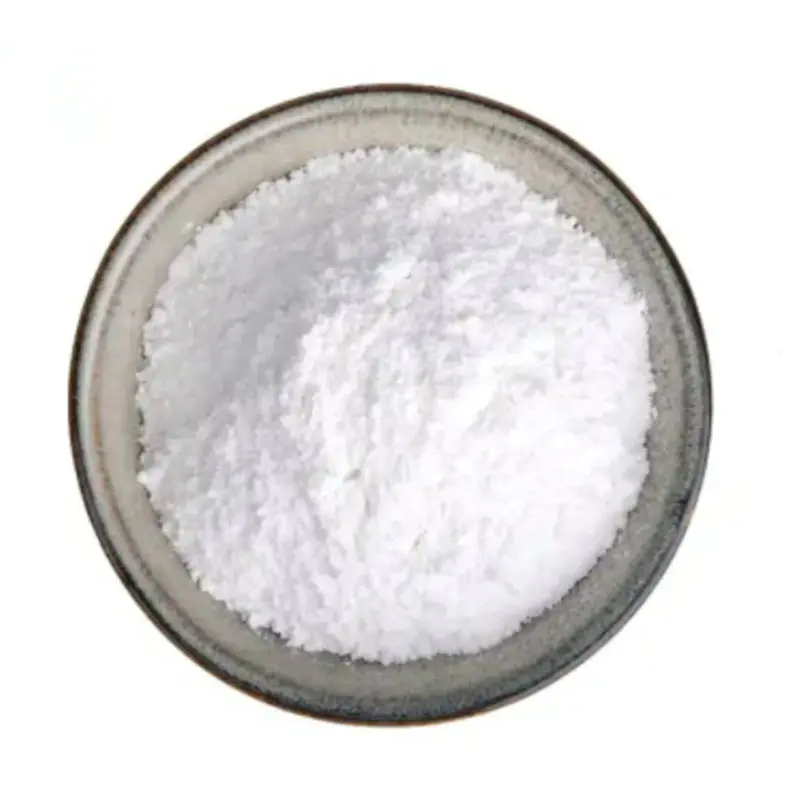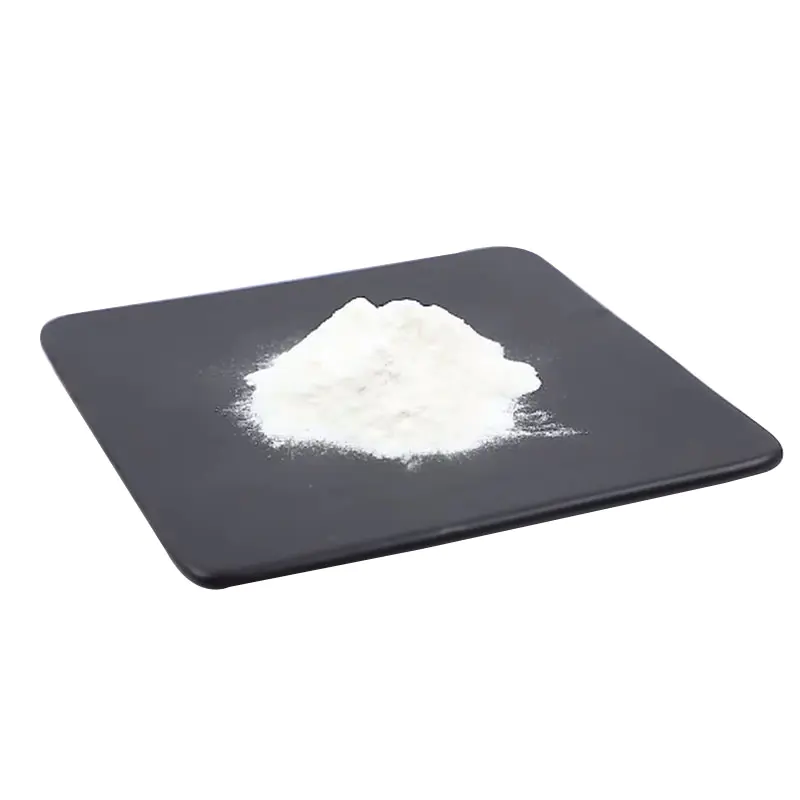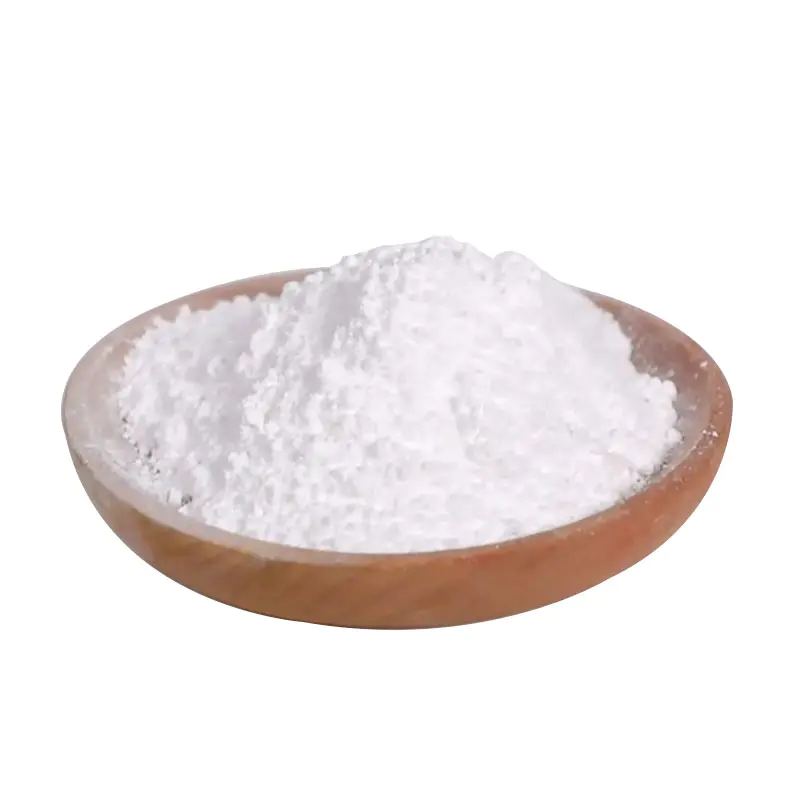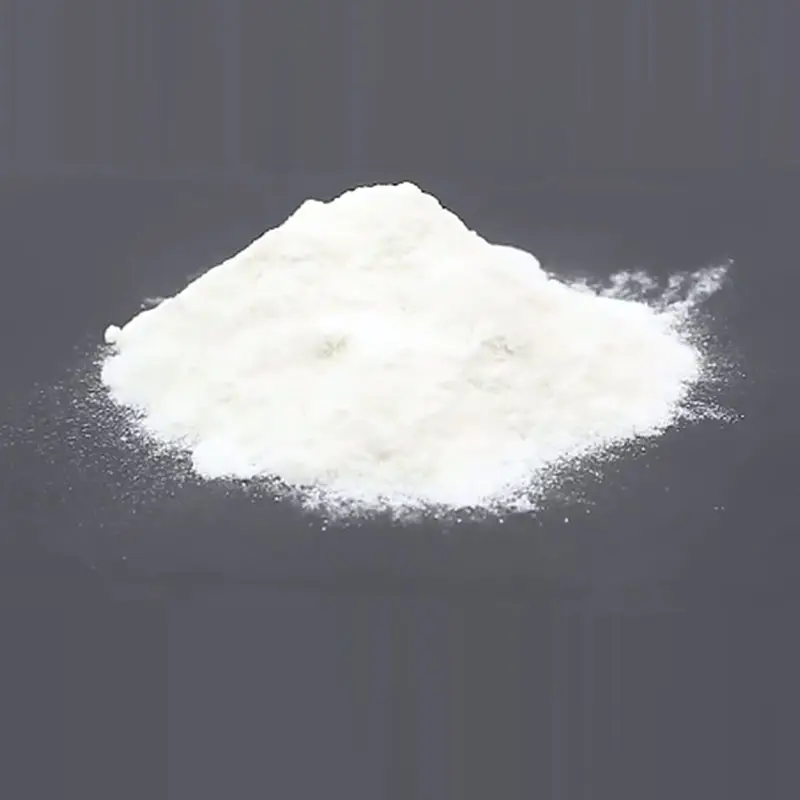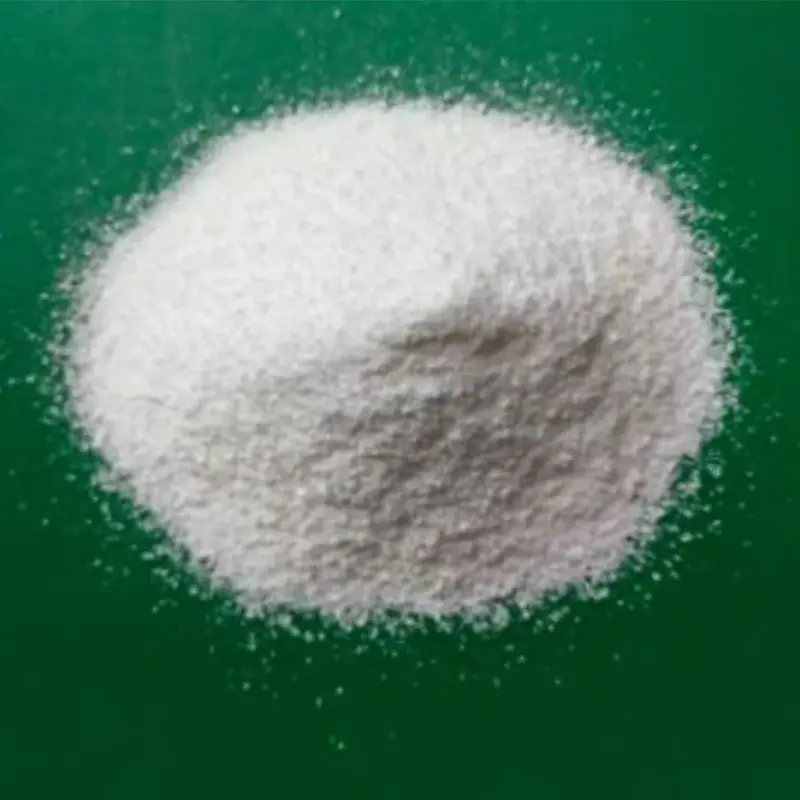Isophthalic Acid
What is Isophthalic Acid
Isophthalic acid is an organic compound with the formula C6H4(CO2H)2. It is one of the three isomers of benzenedicarboxylic acid, the others being phthalic acid and terephthalic acid. Isophthalic acid is a colorless solid with a high melting point (345 °C) and a high boiling point (415 °C). It is insoluble in water but soluble in organic solvents. It is produced by oxidizing meta-xylene using oxygen and a cobalt-manganese catalyst.

The application of Isophthalic Acid
Isophthalic acid is mainly used as an intermediate for the production of high-performance polymers, such as polyethylene terephthalate (PET) resin and unsaturated polyester resin (UPR). PET is widely used in clothing, textiles, packaging, and other industries. UPR is a type of thermosetting resin that is derived from isophthalic acid and other unsaturated acids and alcohols. UPR has many advantages over other resins, such as high strength, flexibility, corrosion resistance, and fire resistance. UPR is widely used in boat building, automotive parts, and construction materials.Isophthalic acid is also used as a raw material for the synthesis of other organic compounds, such as dyes, pharmaceuticals, and pesticides.



